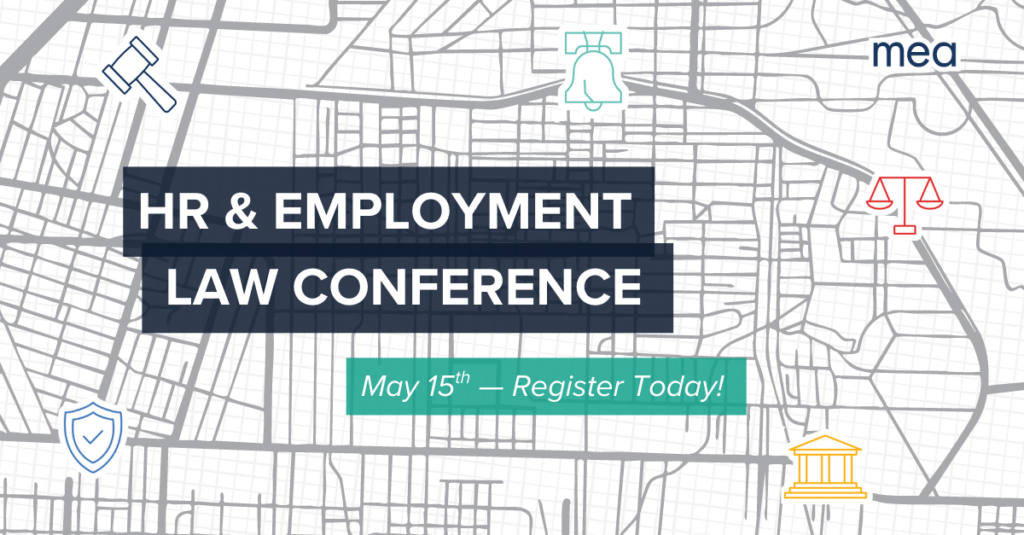On March 19, 2025, the United States Equal Employment Opportunity Commission (EEOC) released a technical assistance document called “What You Should Know About DEI-Related Discrimination at Work.” With the United State Department of Justice (DOJ), the EEOC also released a one-page document called “What To Do If You Experience Discrimination Related to DEI at Work.” The EEOC and DOJ issued these documents in the wake of Executive Orders 14151 and 14173, aimed at “illegal” workplace Diversity, Equity and Inclusion (DEI) initiatives. Unlike guidance documents, which must be approved by a majority vote of the Commission (which, with only two sitting members, currently lacks a quorum), a technical assistance document can be issued unilaterally by the agency’s head because such a document does not adopt new policy but rather applies existing policy to different sets of facts. Employers should note that, while these technical assistance documents are not legally binding, they provide some clarity regarding the types of employment programs that the new administration believes may constitute “illegal DEI” under federal law.
The EEOC documents stress that Title VII of the Civil Rights Act of 1964 (Title VII) does not provide any exception for DEI or “diversity interests” in prohibiting discrimination based on race, sex, or other protected categories, and that a general business interest in diversity or equity or preferences of clients or customers are insufficient reasons to support any employment decision being made in whole or in part on the basis of a protected characteristic.
The documents further note that the following may be examples of discrimination under Title VII:
- Limiting access to or excluding employees from training, including training characterized as leadership development programs, based on protected characteristics;
- Limiting access to or excluding employees from mentoring, sponsorship, or workplace networking/networks based on protected characteristics;
- Limiting access to or excluding applicants from internships, including internships labeled as fellowships or summer associate programs, based on protected characteristics and
- Selecting applicants or employees for interviews, including placement or exclusion from a candidate slate or pool, based on protected characteristics.
The EEOC noted that DEI training may create legal risk if the training is discriminatory in content, application, execution, or context – or if participants feel that they are being subjected to a hostile work environment as a result of the training. Affinity groups, also known as employee resource groups (ERGs), also may be problematic, according to the EEOC, if they are not open to all employees or limit terms and conditions of employment to only certain members with certain protected characteristics.
What Should Employers Do Now?
The Trump administration’s executive orders on DEI in the workplace are being challenged in court, and it likely will take some time to determine the ultimate outcome of those legal challenges. In the meantime, employers should review the two new technical assistance documents to understand the EEOC’s interpretations and likely enforcement activity. Furthermore, employers may wish to assess their training and mentoring programs and other practices to determine if any of them conflict with the EEOC’s statement of the law and enforcement priorities.
Employers should consult with experienced human resources professionals and/or labor and employment counsel with any questions regarding these complex employment law issues. For all MEA members, the Hotline is available to provide this assistance. For MEA Essential and Premier members, a Member Legal Services attorney is available for additional consultation.
*This Alert is provided for general informational purposes only and does not constitute legal advice.
MidAtlantic Employers’ Association delivers comprehensive HR-driven business solutions designed to help companies grow. Whether you need support for a single project or complex issues, you have access to seasoned professionals who are experts in their fields and dedicated to serving you well. Our collaborative, accessible, and responsive nature allows us to help you find solutions aligned with your goals. Whatever your goals are, we can help you develop better people and better outcomes so they can be achieved.
To learn more, contact us today to schedule a consultation, help us understand your needs, and learn how we can help.

